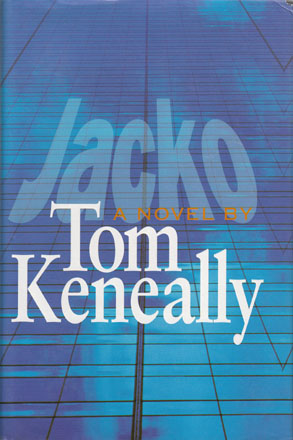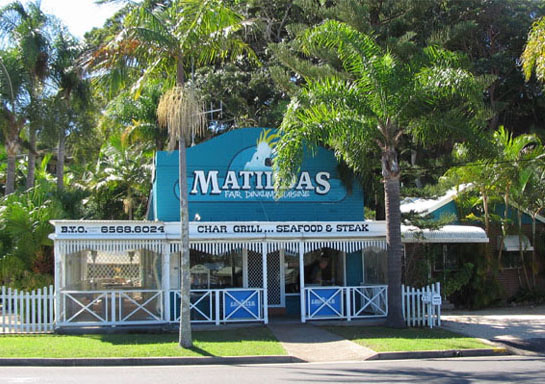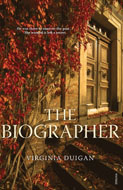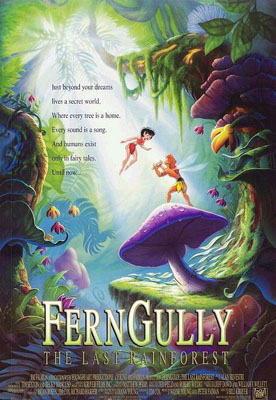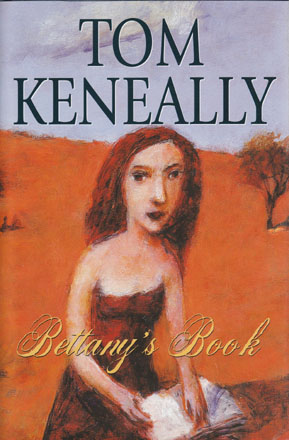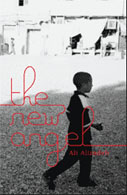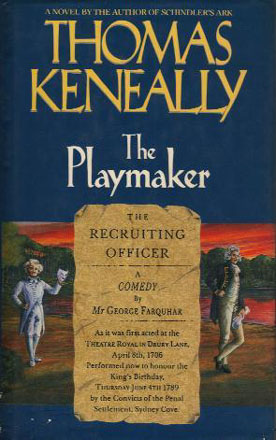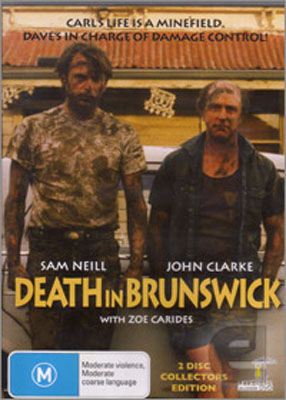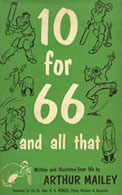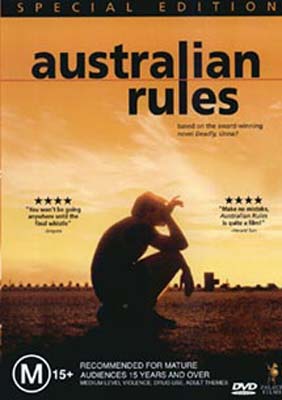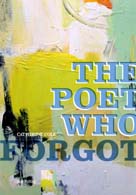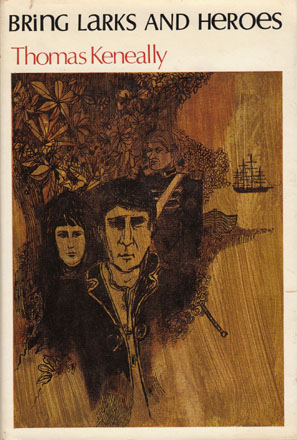The public memory is notoriously short, and the brief mention in the press this week of the passing of Arthur Tauchert was probably passed over by the many while it recalled to a few some vague memories of the one outstanding Australian triumph that was associated with his name.
Arthur Tauchert was an actor of sorts -- not a celebrated actor in any sense -- but one who, through a fortunate circumstance, fitted into a character role for which he was pre-eminently suited.
When we were selecting the cast for the silent film version of "The Sentimental Bloke" we had much difficulty in choosing exactly the right type of man to play the leading part. Finally, after many had been considered and rejected, the producer, Mr Raymond Longford, wrote me from Sydney that he had happened upon an ideal man to play the Bloke. With the letter came a photograph of Tauchert and a brief sketch of his stage career. I was not impressed, either by the photograph or the history.
Although more or less in touch with theatrical events, I had never heard of the man before, and the face that looked out at me from the picture was certainly unlike any film hero I had ever seen or imagined.
Fortunately, I realised in time that the producer knew more about his business than I did, and I replied half-heartedly accepting the choice.
The film had been completed and cut before I had my first opportunity of having a pre-view in Adelaide, in company with the local sharebrokers, newspaper men and squatters who had taken a sporting chance and put up the money to back the filming of the "Bloke".
My first glimpse of Tauchert on the screen filled me with dismay. His decidedly homely, not to say ugly features, his ungainly deportment, his crude efforts to achieve pathos struck me in the beginning as the last word in clumsy amateurism. Then, as shot followed shot, as reel followed reel, I found myself forgetting all these things and the sheer sincerity of the man's acting overspread and dominated every palpable fault in technique, until I found myself in complete sympathy.
And not myself alone; for, at the end of the film, the rather large audience of film people and professional actors - including Mr Frank Harvey, I remember -- who had been invited to the private view, rose to rain congratulations upon all connected with the production. They declared enthusiastically that we had an undoubted "winner".
What a winner it eventually proved to be is now ancient history. And I still believe that by far the greater part of the success was due to the wholehearted sincerity of Arthur Tauchert.
It was not until two years later, after I had met Tauchert in the flesh, that I solved the riddle of his peculiar attraction in the film. He had not merely acted the Bloke -- he was the Bloke, and, by an extraordinary coincidence, might have been the very man upon whom I modelled the character.
Like the Sentimental Bloke, he had been wild and uncontrolled in his early youth. Pubs and two-up schools had known much of him. Again, like the Bloke, and most amazing coincidence of all, he had really met and married his Doreen, whose influence had weaned him from dissolute ways, until he had become, even as the Bloke, a self-respecting member of reputable society.
In that film Tauchert did not merely play the part; he played his own life over again and so achieved that remarkable sincerity that could never have come from artistry alone.
Poor old Arthur. Even until the end he could never quite understand why, despite his growing baldness and other evidence of age, I would not consent to his playing the Bloke in every subsequent interpretation of the part. I really believe that, after his success with the role, not only in Australia, but in England as well, he ceased to be Arthur Tauchert, but became, and remained until the finish, the only real "Sentimental Bloke."
I saw little of him in those later years; but the sudden and unexpected news of his passing affected me quite as much as if I had lost an old and valued friend. Arthur had little to answer for at the judgement seat, for, despite many hectic experiences and an environment that tends to "toughness," he remained always strangely unsophisticated and, in the true Australian sense, ever a "dinkum bloke."
First published in The Herald, 30 November 1933
[Note: Arthur Tauchert featured in the 1919 silent-film version of "The Sentimental Bloke", which you can see here.]
